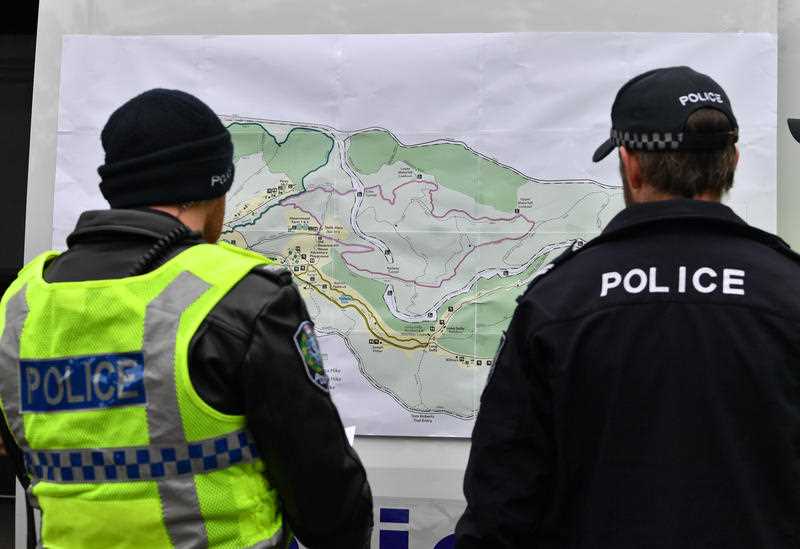Amateur sleuths are being invited to comb through clues in a bid to solve unsolved human remains cases from across the country.
To mark the start of National Missing Persons Week, the Australian Federal Police on Sunday launched a campaign to solve eight cases involving unidentified human remains.
The campaign features an online investigative board with a detailed detective’s overview of each case, with police hopeful the public can help find a match among Australia’s 2500 long-term missing persons.
A long-term missing person is defined as someone who has been reported as missing for more than three months.
The eight unidentified human remains were found in Pyrmont (NSW), Leanyer (NT), the Stretton Wetlands (Qld), King’s Beach (SA), Mount Osmond (SA), Pardoe Beach (Tas), the Dandenong Ranges (Victoria) and Chidlow (WA).
Vital clues such as clothing and objects found at the scene as well as craniofacial reconstructions can be viewed online in three-dimensional animation.
A craniofacial reconstruction has been completed from the remains found in thick scrubland near the Leanyer sewage ponds in May 1987.
An examination determined the remains belonged to an Aboriginal woman who was older than 18 but no database link to relatives has been identified following DNA testing.
The campaign capitalises on the increasing popularity of the true crime genre and challenges the community to step into the shoes of forensic detectives, AFP Assistant Commissioner Hans Koenderink said.
“The AFP and state and territory police forces are this year focusing on unidentified human remains cases – as they are not just case numbers but are unknown individuals who have names, families and stories that deserve to be told,” Mr Koenderink said.
“For these loved ones, living with the uncertainty about the whereabouts and safety of a loved one can be a traumatic experience that can last for weeks, months or, sadly, years.”
There were more than 55,000 missing persons reports last year in Australia, and 750 unidentified human remains cases remain unsolved.
By Callum Godde in Melbourne



